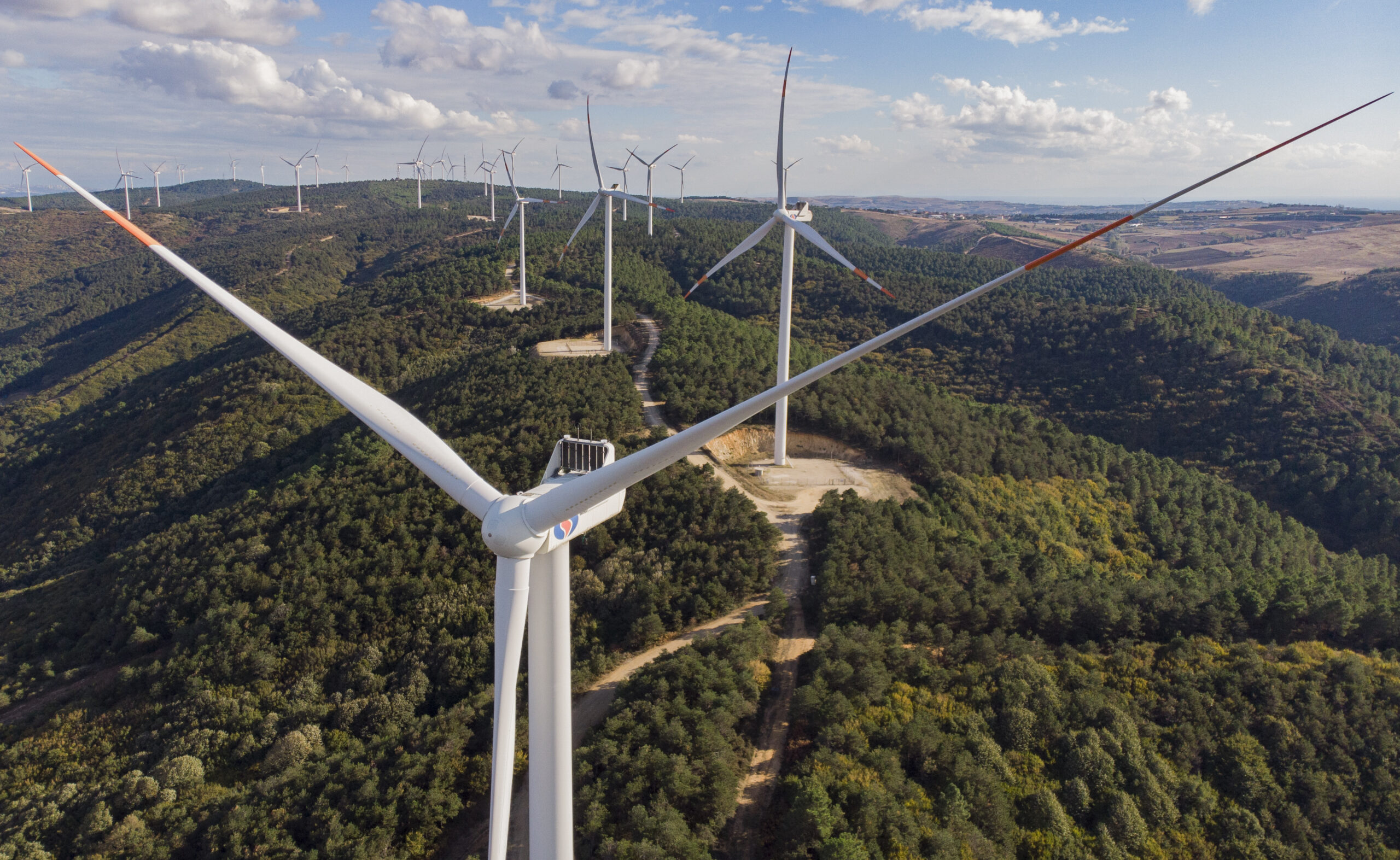In a nation grappling with the dual challenges of waste management and energy scarcity, Nigeria stands at a crossroads. The solution to these pressing issues may lie in a single, often overlooked technology – biogas. As the most populous country in Africa, Nigeria’s potential for biogas production is immense, yet largely untapped.
Now, industry leaders and renewable energy experts are calling on policymakers to embrace this technology, which could simultaneously address multiple national challenges and pave the way for a greener, more sustainable future.
Chuks Melville Chibundu, a leading voice in Nigeria’s renewable energy sector, is spearheading efforts to promote biogas adoption in the country. He said, “Biogas represents a unique opportunity for Nigeria. “We have an abundance of organic waste, from agricultural residues to municipal solid waste, that could be converted into clean, renewable energy. It’s time we start seeing our waste as a resource rather than a problem.”
This push for biogas adoption in Nigeria mirrors similar movements across Africa. In Mozambique, Nuno Vazir Ibrahimo, the Mozambique Network Office Director of the Turkish Healthcare Travel Council, is championing a parallel cause. “Biogas is a form of renewable energy that comes from waste,” Ibrahimo explains.
NNPCL must sell locally-refined petrol now
Tussle with Chinese firm: How a mismanaged deal is costing Nigeria fortunes
In Nigeria, we can utilise materials from municipal waste, organic waste, and even automotive waste. With the abundance of vehicles in Nigeria, we have a significant opportunity to transform this waste into biogas.
The potential applications of biogas are diverse and far-reaching. From cooking fuel to power generation, biogas could help alleviate Nigeria’s chronic energy shortages. Moreover, the process yields a valuable byproduct: bio-fertilizer. In a country where agriculture remains a cornerstone of the economy, this could prove instrumental in boosting productivity at a lower cost, while also aiding in pest control.
Proponents argue that the widespread adoption of biogas technology could address several pressing issues simultaneously.
Nigeria’s waste management problem is well-documented. Major cities like Lagos generate an estimated 10,000 metric tonnes of waste daily, much of which ends up in overflowing landfills or polluting waterways. By converting this waste into biogas, Nigeria could not only reduce the environmental impact of improper waste disposal but also generate much-needed energy.
The energy potential is significant. According to a study by the Nigeria National Petroleum Company Limited (NNPCL), Nigeria could potentially generate 25,000 megawatts of electricity from biogas. This would go a long way in addressing the country’s energy deficit, which has long been a barrier to economic development.
Job creation is another potential benefit. The biogas industry could create thousands of jobs across the value chain, from waste collection and sorting to plant operation and maintenance. In a country grappling with high unemployment rates, particularly among youth, this could provide the much-needed economic boost.
However, the key to unlocking this potential lies in the hands of policymakers. “It’s very important to introduce this concept to policymakers,” Ibrahimo stresses. “If politicians agree to adopt this technology, it could solve many problems for communities, society, and municipalities.”
Despite its promise, the primary obstacle to biogas adoption in Africa has been political inertia. “The main challenge in adopting biogas technology in Africa has been politics,” Ibrahimo notes. “We need to introduce this mindset to politicians. If they decide to implement this solution quickly, it could resolve many problems.”
According to Chibundu, “We need policies that incentivise biogas production and use. This could include feed-in tariffs for biogas-generated electricity, tax breaks for biogas plants, and mandates for waste-to-energy conversion in municipalities.”
The benefits of such policies could extend beyond Nigeria’s borders.
Contrary to assumptions about new technologies, biogas is both proven and affordable. Indeed, biogas technology has been successfully implemented in many countries around the world. In Germany, for example, there are over 9,000 biogas plants in operation, contributing significantly to the country’s renewable energy mix. In India, millions of small-scale biogas digesters provide cooking fuel for rural households.
The technology is scalable, ranging from small household digesters to large industrial plants. This flexibility makes it suitable for both rural and urban settings in Nigeria. “We can start small, with community-level biogas plants, and gradually scale up to larger facilities,” Chibundu suggests. “The important thing is to start somewhere.”

 Join Daily Trust WhatsApp Community For Quick Access To News and Happenings Around You.
Join Daily Trust WhatsApp Community For Quick Access To News and Happenings Around You.


